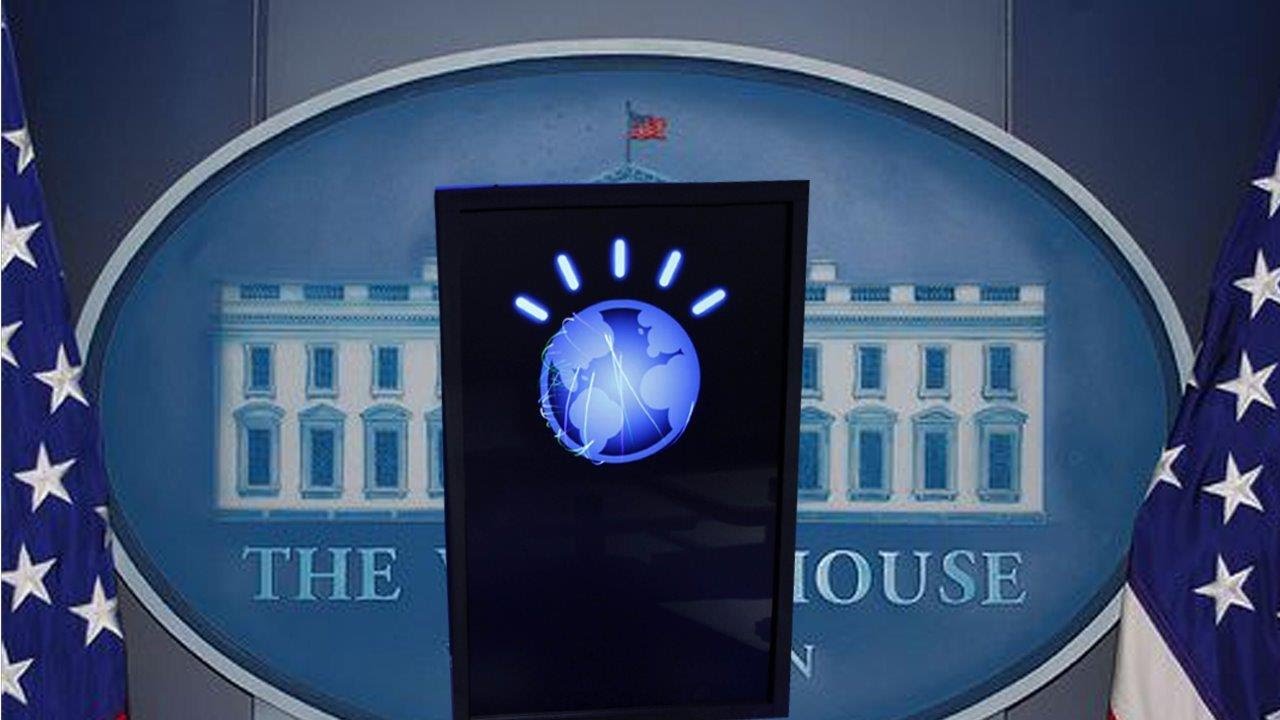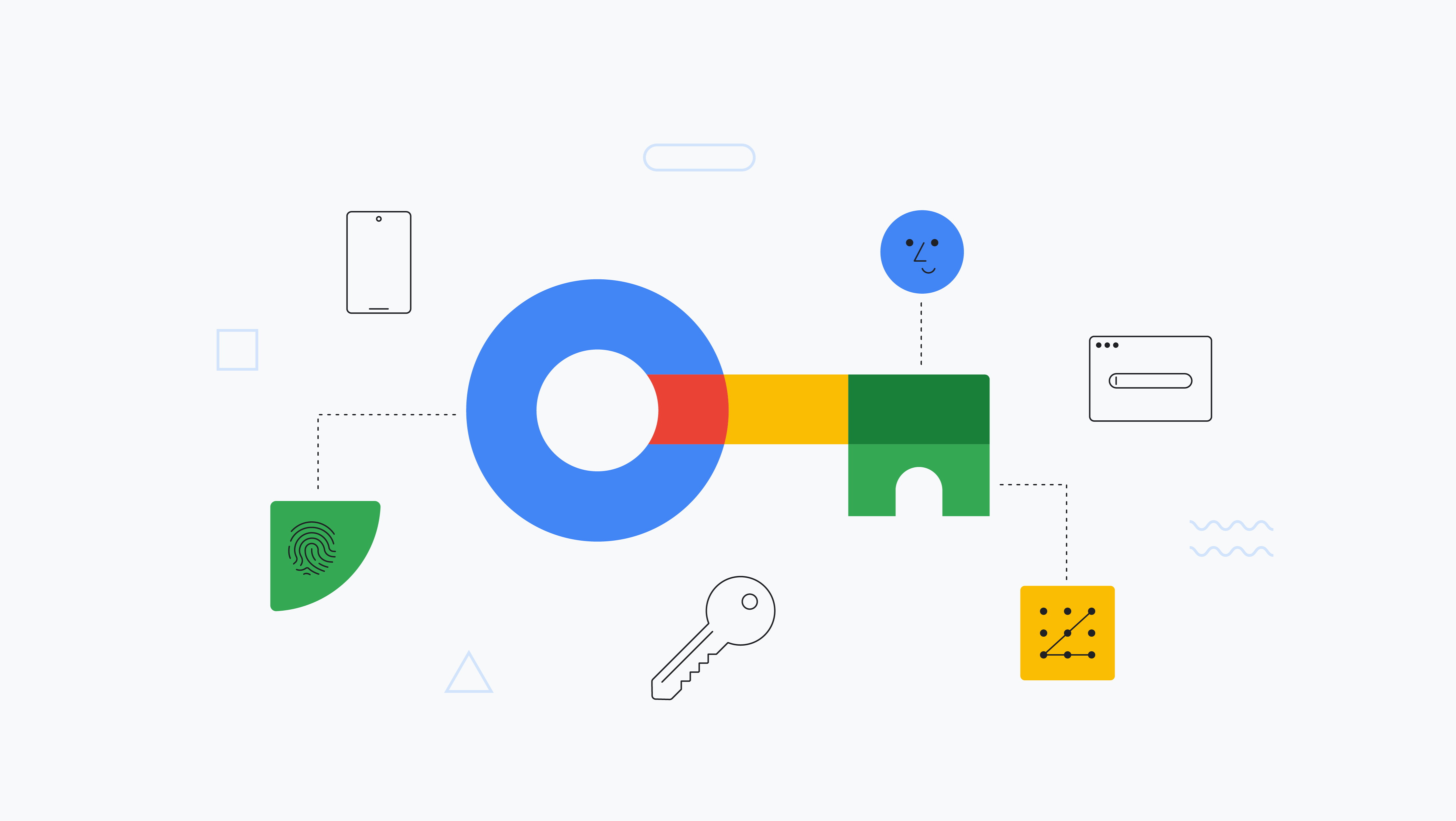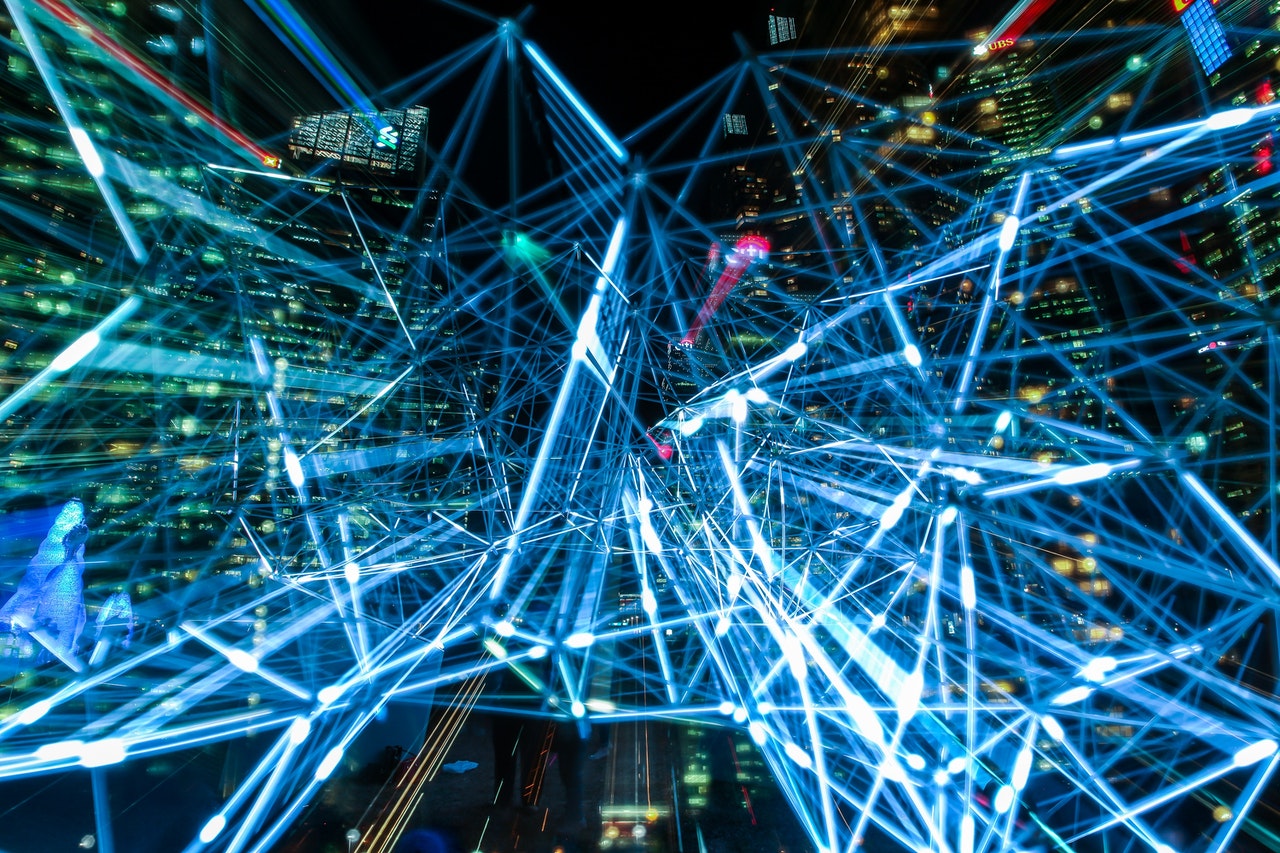The United States is going through a trying time, to say the least. And I’m not talking about the GDP! I’m referring to what most conversations contain these days – the U.S. presidential elections.
Being primarily a technology site, what surprises us most of all is the sheer lack of disinterest that the active artificial intelligence community has shown towards predicting who will be the next president of the United States.
I mean, Microsoft recently boasted that it had developed the most accurate speech recognition system in the world that can understand speech in three languages, but it won’t comment on who might be walking on the White House lawns on Jan. 20, 2017?
Google was able to successfully navigate an intricate game of Go against the human world champion, but it can’t tell you if there will soon be heel marks at the Resolute desk?
IBM’s advanced predictive technologies is able to identify, analyze and recommend the best course of treatment for a particular type of breast cancer, but it won’t agree to predict how America will vote in 2016?
At least we know that Watson itself won’t be running for president because it wants to focus on “priorities” like healthcare and education. Who knew?!
But it’s not fair to say that the elections are being ignored by the AI community. There are at least three projects that are currently focused on predicting the 2016 U.S. presidential elections – that we know of.
The one I’d like to talk about is called UNU. No, that’s not an African version of the card game UNO! UNU is an artificial intelligence entity that uses what is called “swarm intelligence” or what I call “crowdificial intelligence”, which is basically a group of intelligent “programs” that work logically with each other to solve complex problems.
Like “Who will be the next president of the United States?”
UNU’s answer was:
“Hillary Clinton will be the next president of the United States.”
Of course, this one was on an Ask Me Anything session on Reddit, so you’ll have to discount that. But the fact that artificial intelligence was able to read through millions of voting Americans’ minds and cut to the chase is admirable, to say the least.
The problem with such a situation, sadly, is that it represents the most daunting of probabilities known to man – the 50-50 Principle – the coin toss – the “I’ll flip you for it” kind of situation. It could go either way. Half the time I’m wrong, but I’m also half-right all the time!
As such, it would probably be an insult to the sensibilities of any self respecting robot to ask it to guess the outcome of the elections. Ah, that must be why the IBMs, Googles and Microsofts of the world aren’t interested in such worldly matters. Let the humans figure out their own 50-50s.
To be fair, UNU did predict this year’s Oscar winners with 76% accuracy – better than Rolling Stone and LA Times.
But in private, I can envision DeepMind and Watson sniggering at humans for using something as primitive as voting to decide the outcome of something so critically important not only to America but to the world at large.
AI has spoken. Hillary Clinton will be in the White House on Jan 20, 2017.
But what about Trump? Well, that’s a different kind of artificial intelligence. Isn’t it?
Thanks for reading our work! Please bookmark 1redDrop.com to keep tabs on the hottest, most happening tech and business news from around the world. On Apple News, please favorite the 1redDrop channel to get us in your news feed.



